![]()
1. The politics of peace
The atmosphere in the White House East Room seemed at times more like a raucous campaign event than a launch of a diplomatic initiative three years in the making. Invitees broke out in cheers as Trump praised the Israeli prime minister standing next to him, just as they did when Netanyahu gushed over Trump.
That should come as no surprise.
The White House’s hand-picked audience, made up of Jewish supporters and donors, included Sheldon and Miriam Adelson, pro-Israel evangelical leaders, former senator Joe Lieberman and Republican politicians. In his remarks, Trump gave the crowd everything they expected and more. From assuring that “Jerusalem will remain Israel’s undivided capital” to promising that the U.S. “will recognize Israeli sovereignty over the territory that my vision provides to be part of the State of Israel” and a pledge that “No Palestinians or Israelis will be uprooted from their homes.”
With his 181-page document, backed by Netanyahu’s full-throated endorsement, Trump cemented the support of his two most critical pro-Israel constituencies–evangelical Christians and Orthodox Jews. And as an added bonus, Trump got a short reprieve from dealing with his ongoing impeachment trial in the Senate, and Netanyahu, who had been formally indicted for bribery and fraud the same day, was able to shift the focus of Israeli public discourse away from his criminal charges and on to his statesmanship capabilities.
A few hours later, Avi Berkowitz, Trump’s 31-years old adviser in charge of the Middle East peace plan, gathered hundreds of Jewish leaders–mostly from the religiously Orthodox and politically conservative end of the Jewish communal spectrum–on a phone briefing to further market the plan. Berkowitz stressed the conditions required for the Palestinians to enter negotiations and achieve an independent state. He also highlighted the benefits for Israel: maintaining full security control even if a Palestinian state is formed, ensuring that Jerusalem remains “undivided,” and giving Israel legal sovereignty over the Jordan Valley and all Jewish settlements in the West Bank in return for an Israeli agreement to freeze settlement growth for four years in the areas designated to be part of a future Palestinian state.
2. Can it win the elections for Bibi?
Briefing reporters after the rollout ceremony, U.S. ambassador to Israel David Friedman, tried to respond to the most vexing question left unanswered–why now? Why present a plan that has been in the works for years, five weeks before Israel holds its third round of elections and when America is already well into its own primaries?
“It really wasn’t tied to anything other than having achieved an agreement with the two leaders of the country [Netanyahu and opposition leader Benny Gantz] that they were both going to support it and we could put it out in a nonpolitical way,” Friedman said, adding that after examining polling numbers in Israel, the U.S. reached the conclusion that the next round of elections will be just as much of a tie as the previous two were.
The Trump plan, formerly known as the “deal of the century,” is unlikely to be the game-changer Netanyahu needs. Israelis are too split, and Netanyahu is too much of a divisive figure, to see a massive exodus of voters from the center-left to the Likud.
But Netanyahu did gain some valuable political points on Tuesday.
He delivered on his promises, and more, to the settlers and right-wing voters, providing them with U.S.-backed annexation and a long-term promise not to remove any settlement (as long-term as any political promise is, meaning until the next president enters the White House.)
To centrist voters, Netanyahu once again showcased his unmatched ties with the leader of the free world, helping him drive home his main campaign argument, which calls on Israeli voters to ignore the criminal charges and corruption issues and focus on his unparalleled diplomatic skills.
3. Change is already happening on the ground
Under normal circumstances, rolling out a peace plan would have been followed by the launch of negotiations between both sides. But these are not normal circumstances. The Palestinians were not consulted during the process, were not asked about their views, and did not provide any input. It should come as no surprise that they immediately rejected the plan, with “a thousand no’s” as leader Mahmoud Abbas put it.
But this doesn’t mean the plan doesn’t have real-world consequences.
Less than an hour after leaving the White House, Netanyahu announced that this coming Sunday he will bring a proposal to the cabinet to extend Israel sovereignty over the West Bank settlements and the Jordan Valley. This resolution will easily pass in the cabinet and the Knesset, paving the way to a new reality on the ground, one in which for any legal purpose, the settlements are part of Israel.
It may not change the lives of the settlers, who are already subject to Israeli law, but it does provide them with an extra layer of security for their future–if anyone ever seeks to remove settlements, they’ll have to change the law and repeal the annexation.
4. AIPAC is the responsible adult in the room
The American-Israel Public Affairs Committee (AIPAC) is Israel’s No.1 cheerleader in the Washington political scene and is considered to be mostly supportive of Netanyahu and just a tad right of center.
So one could reasonably expect them to be supportive of Trump’s peace plan.
Instead, AIPAC posted a number of underwhelming tweets. They expressed their appreciation for Trump’s effort and noted that the plan is seen by both political leaders in Israel as an acceptable framework for negotiations. But the lobby stopped short of endorsing a key feature of Trump’s plan–the annexation of parts of the West Bank–and did not celebrate the legalization of Jewish settlements. Instead, it made a point of repeating its support for a two-state solution.
Is AIPAC turning all J Street on us?
Not at all. But it is living up to what has made AIPAC so powerful–the commitment to what it views as reasonable long-term solutions that can withstand partisan winds and ensure some kind of stability in the region. AIPAC, as members of the lobby never fail to mention, will have to also work with the next administration and the next Congress; no one should assume that all aspects of Trump’s pro-Bibi plan will be accepted by the next leader in Washington or in Jerusalem.
5. Keep an eye on the Gulf states
So, it’s clear that no Israeli-Palestinian peace will come out of these 181-pages. But there may be some diplomatic benefits to it after all. Americans and Israelis have noted that representatives of three Gulf countries—Oman, Bahrain, and the United Arab Emirates— participated in Tuesday’s event. That they did so openly and in front of the cameras is somewhat of a breakthrough for Arab-Israeli relations ( even if these are smaller nations who already have known working ties with Israel).
Perhaps more important is the reactions coming from Riyadh. King Salman, in a phone call with Palestinian President Abbas, reassured him about “the Kingdom’s commitment to the Palestinian issue and Palestinian rights.” But the Saudi Foreign Ministry also issued a statement expressing support for Trump’s efforts and encouraging Israelis and Palestinians to engage in negotiations under U.S. auspices. Now, this may not be the warmest of endorsements, but it clearly means that the Saudis chose not to side with Abbas’s “thousand no’s.”

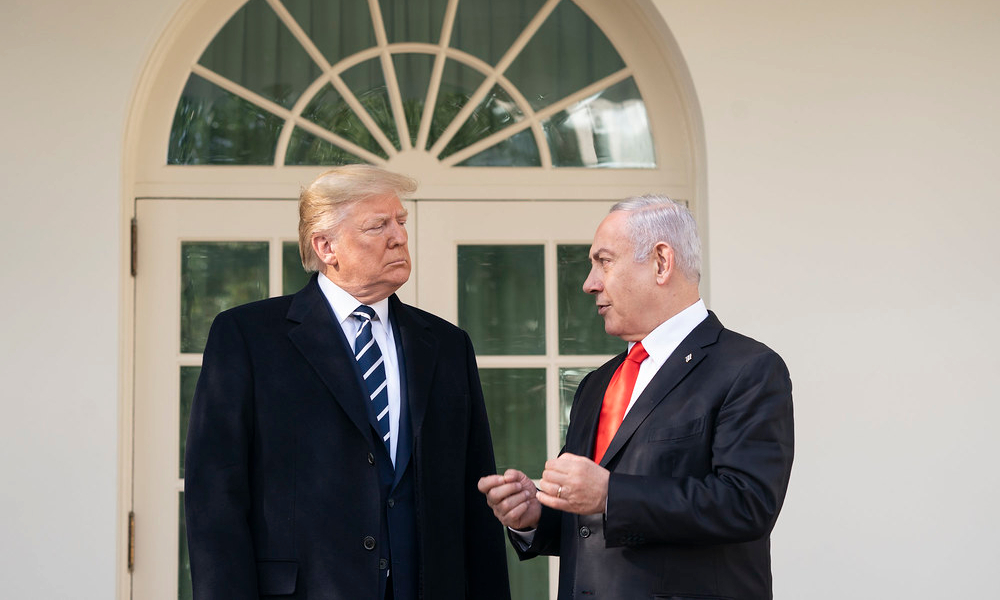

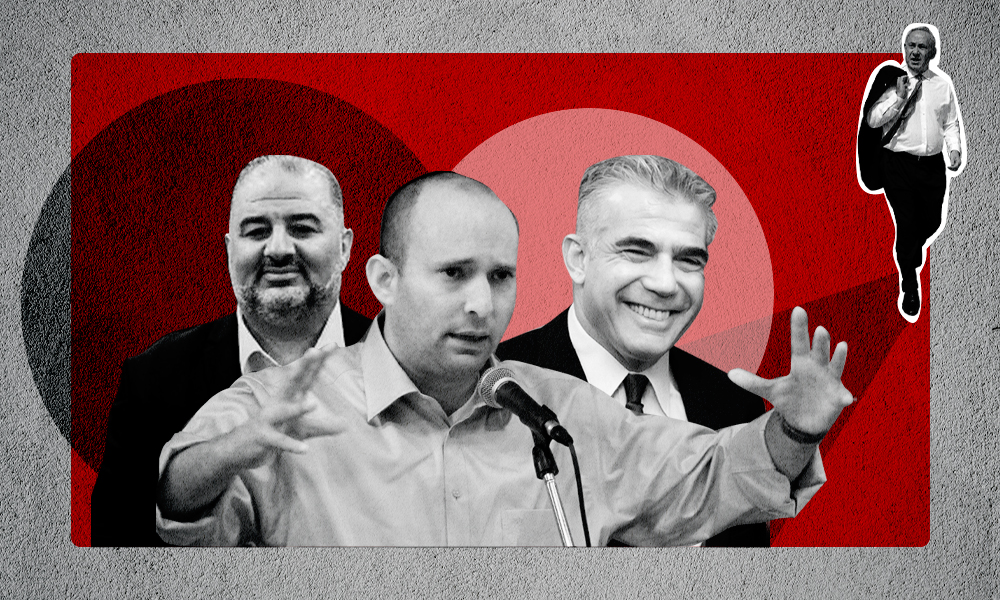



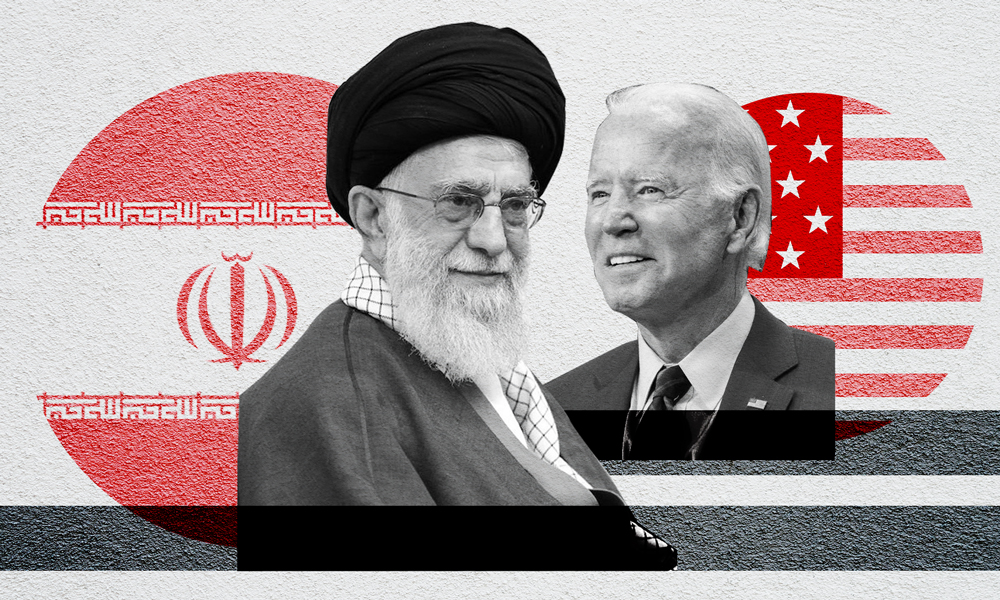
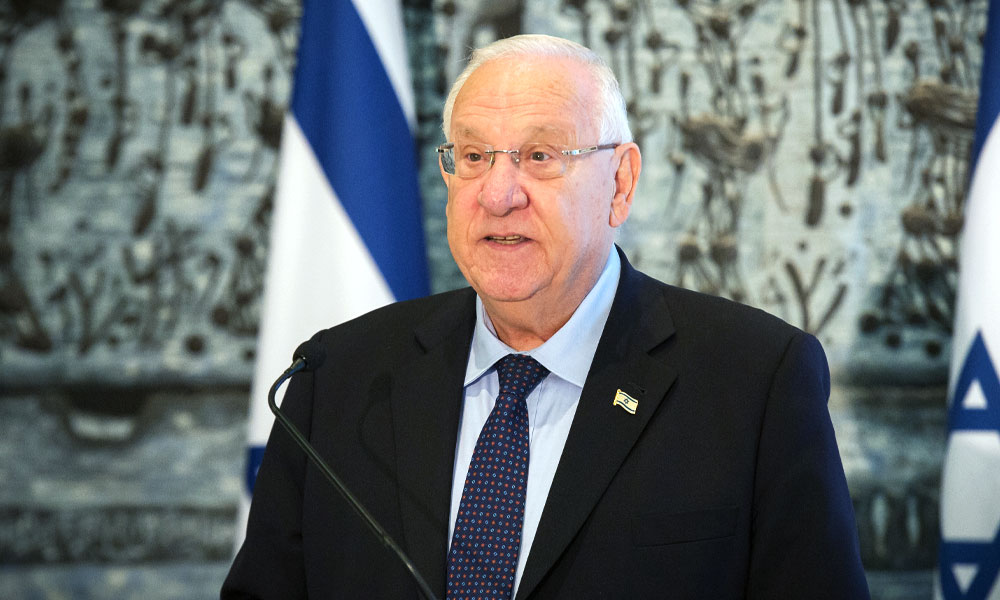



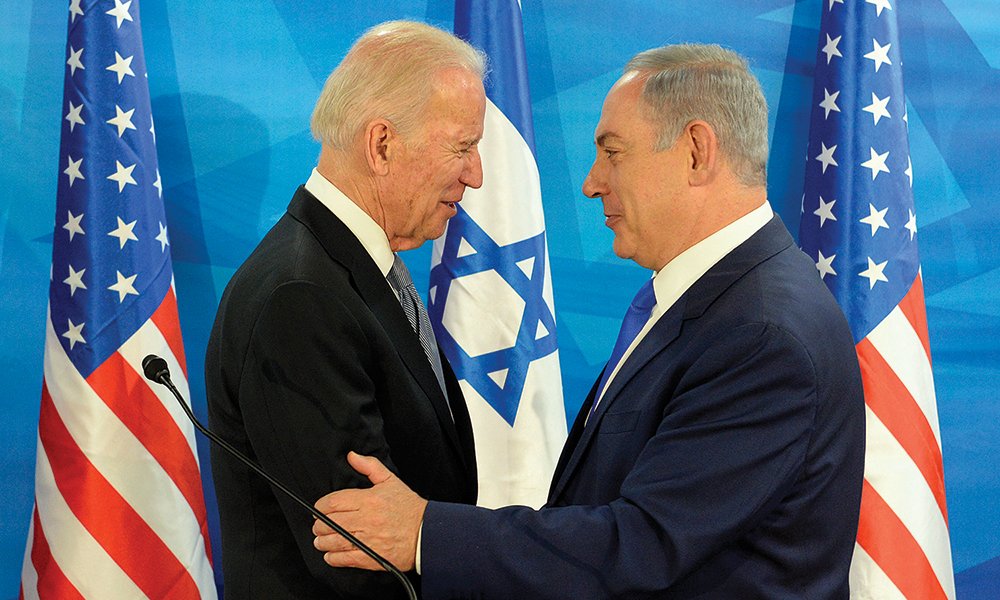
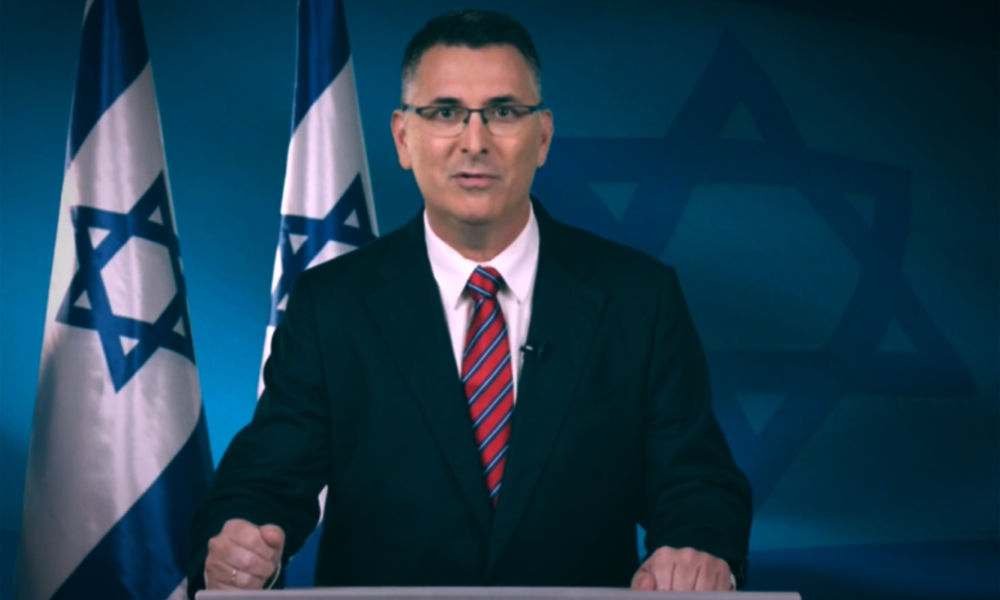
I do not understand your reaction to the proposal. At its core, it seems to me, is recognition that there are winners and losers in any conflict and say what you want, the Palestinians were the losers. What the plan does is recognize the reality that Israel is here to stay and that it through Israel, not the United States, not the Gulf States, not through Russia, not through the EU, and most certainly not through Iran that final resolution lies.
This sea change in the way the problem is viewed alone is an advance from the tired bromides of the diplomats who have spent a quarter of a century pretending that the so-called Palestinians were a valid interlocutor for peace.